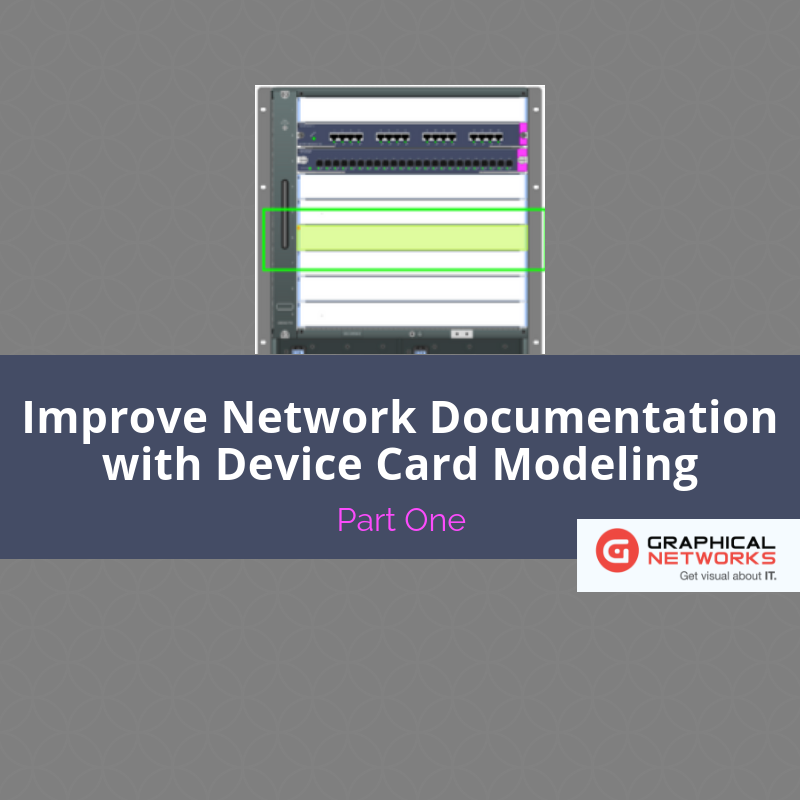
Improve Network Documentation with Device Card Modeling – Part One
By Jan Durnhofer - September 24, 2018Devices come in different shapes and sizes. When they are big, they can be ‘modular’ which means that they have so-called slots and cards. If you need to document your network with such devices, your IT documentation system should have the capability and granularity to model these slots and cards. In previous blogs, we’ve discussed…
Learn More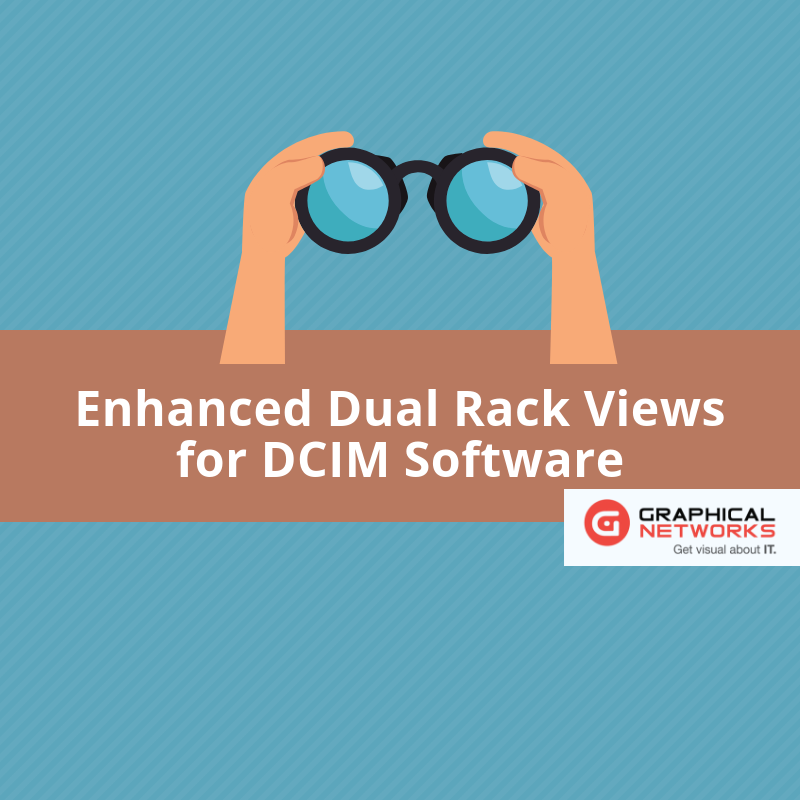
Enhanced Dual Rack Views for DCIM Software
By Jan Durnhofer -We have seen in previous blogs how you can model all kinds of racks in netTerrain, including racks showing front and back views. What’s new about this blog is that we’ll focus on these “dual view” racks (showing front and back), specifically racks where mounting devices on one side reserves (or blocks) usage on the…
Learn More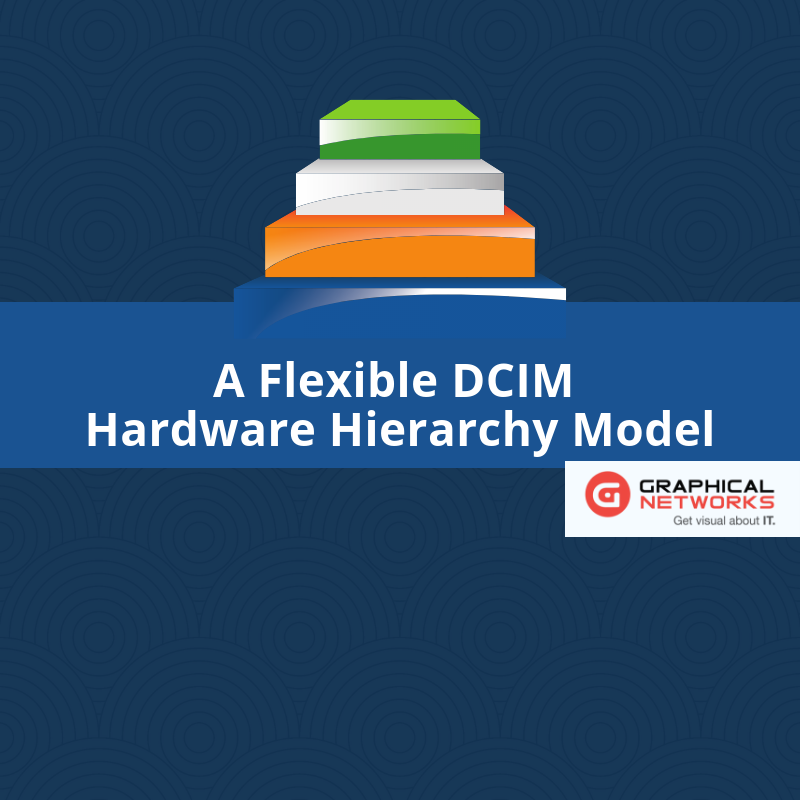
A Flexible DCIM Hardware Hierarchy Model
By Jan Durnhofer -In previous blogs about flexibility in a DCIM software, we discussed the importance of being able to decide how to organize your Data Center documentation project hierarchies. In this blog, we will focus mainly on the hardware piece of this. netTerrain DCIM provides a very flexible, n-layered, object-oriented hardware model, where the users have complete…
Learn More
Working with Cables & Strands in Outside Plant Software
By Jan Durnhofer - September 20, 2018Up until now, links in netTerrain have been quite simplistic in terms of how they are modeled: just choose a look and feel for the link, assign some properties and, if needed, apply some rules (visual overrides) to some of those properties. This works well for virtually all network mapping and most Data Center Infrastructure…
Learn More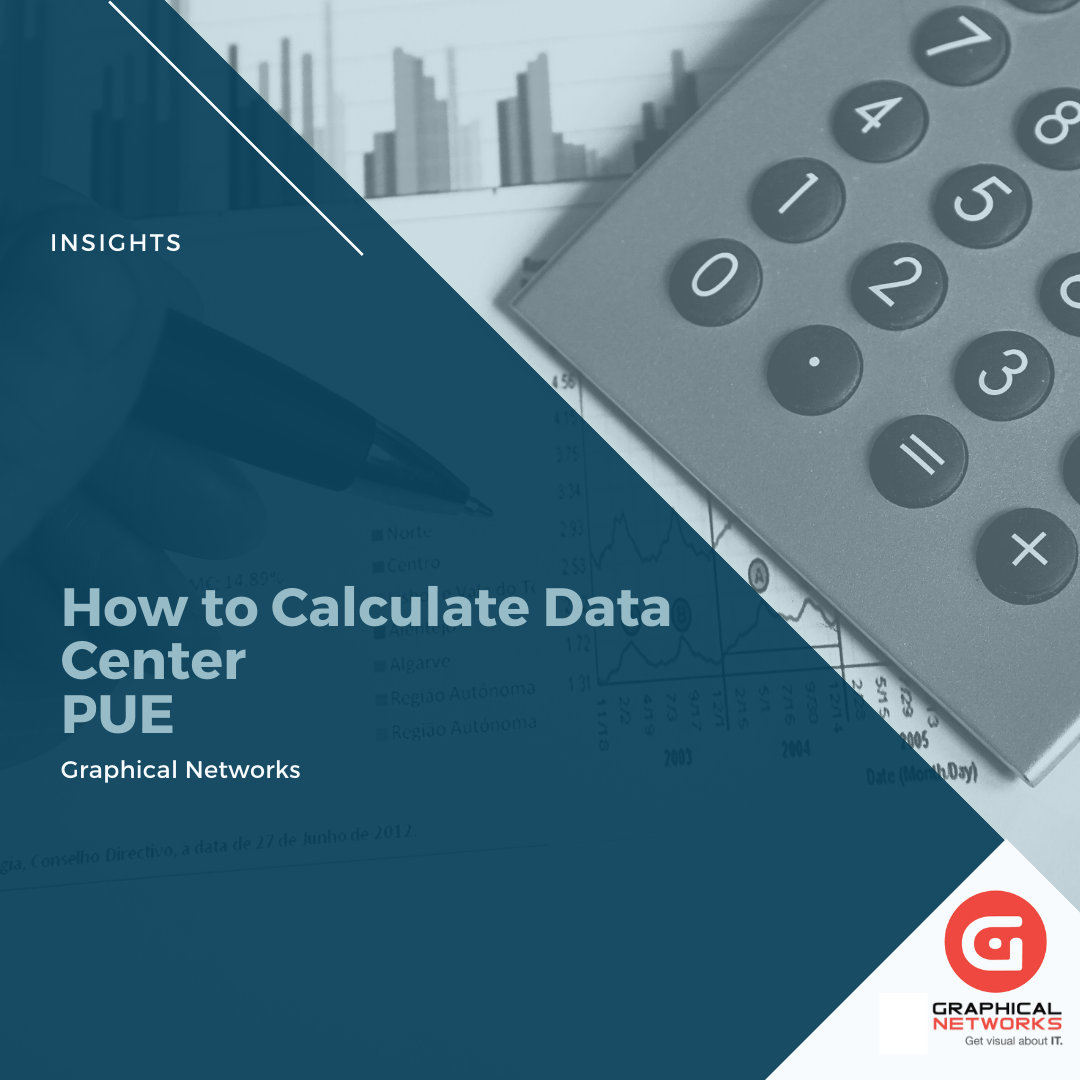
How to Calculate Data Center PUE
By Fred Koh - September 19, 2018PUE, which stands for Power Usage Effectiveness, is a ratio used to measure data center energy consumption. This ratio was first released in 2007 via The Green Grid, which is a nonprofit consortium of data center end-users, tech professionals, utility providers, and policy makers dedicated to ‘greening’ modern data centers. Data Center PUE: What’s the…
Learn More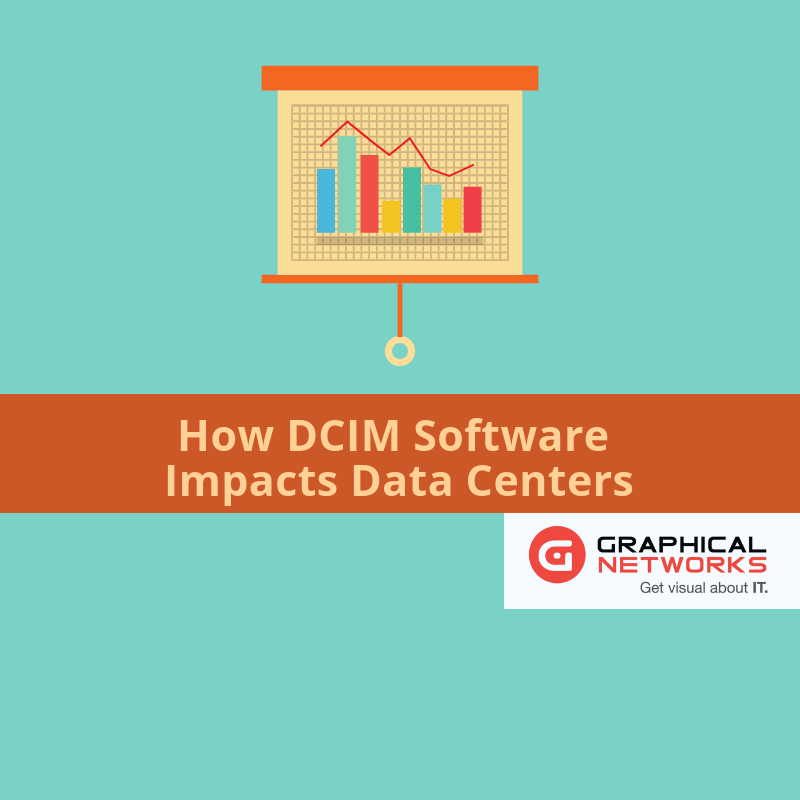
How DCIM Software Impacts Data Centers
By Jason Sherman - September 14, 2018True DCIM (aka data center infrastructure management software) offers far more than sensor data and pretty 3D pictures. What is DCIM, anyways? It’s certainly not just any software that you can use in a data center. In a nutshell: while many data centers use spreadsheets to track assets, DCIM gives data center managers a way…
Learn More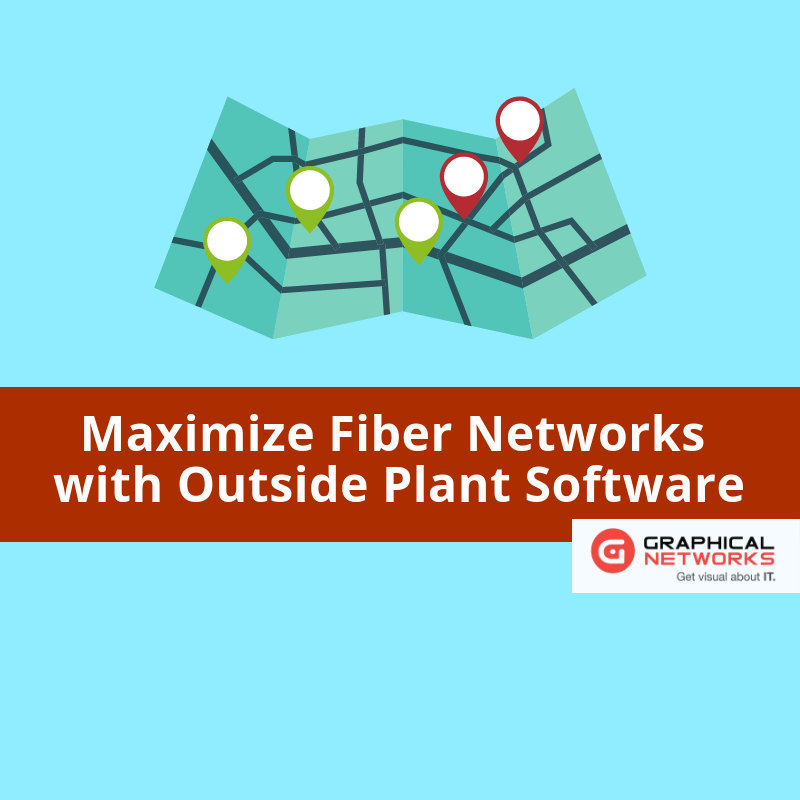
Maximize Fiber Networks with Outside Plant Software
By Jason Sherman - September 13, 2018IT infrastructure and networks today are growing at an incredibly fast pace. Daily modern life is only becoming more dependant upon technology, not less: as a result, the need for networks is skyrocketing. What does this mean on the network level — and for those in the trenches of fiber and telecom management every single…
Learn More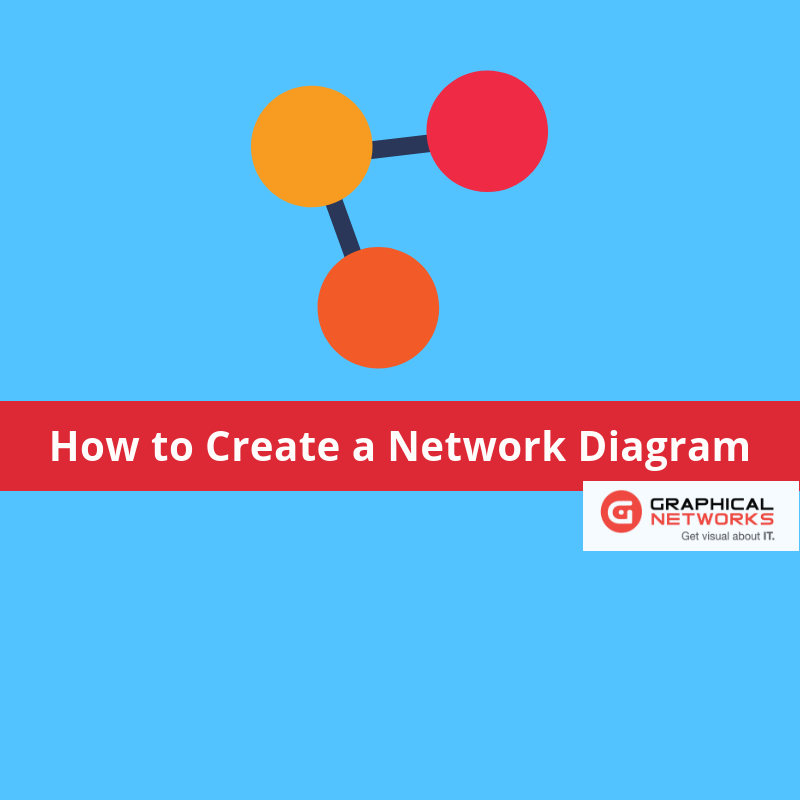
How to Create a Network Diagram
By Hannah Ash - September 11, 2018Network diagrams are a visual tool that give network administrators a window into the network: they are used to visualize objects/nodes, connections, dependencies, critical paths, tasks, and more. Because networks are complex, there are different types of network diagrams to deliver various types of information. Step 1: Understand the Types of Network Diagrams basic network…
Learn More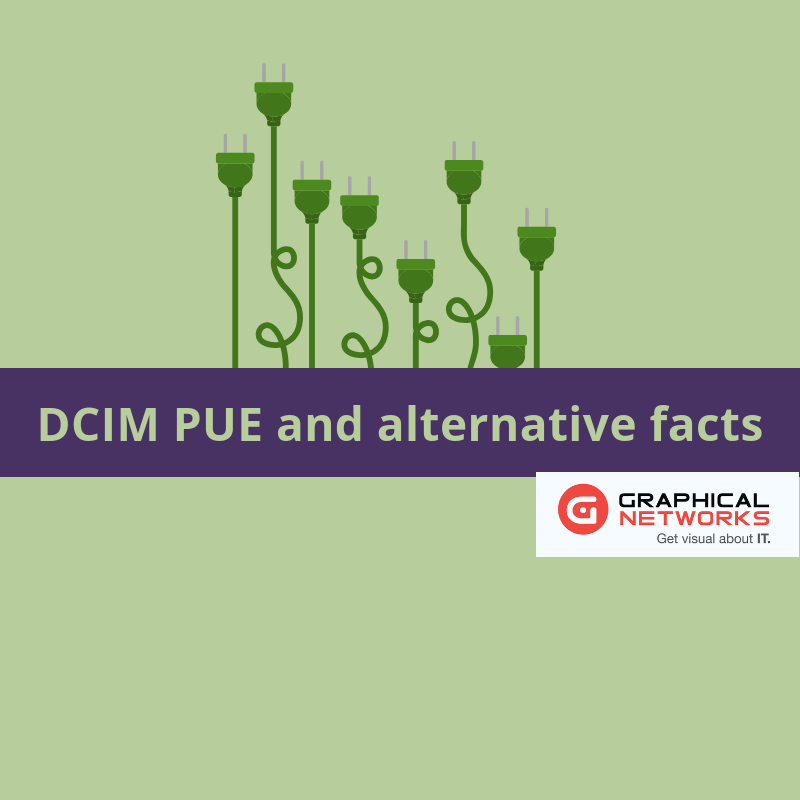
DCIM PUE and alternative facts
By Jan Durnhofer - September 10, 2018Before we deconstruct the loaded title of this blog — ‘DCIM PUE and alternative facts’ — let’s first remove any mutual mystification around these two acronyms: PUE and DCIM. Or at least, let’s try… PUE stands for ‘Power Usage Effectiveness’. It measures the total amount of energy used by a data center to the total…
Learn More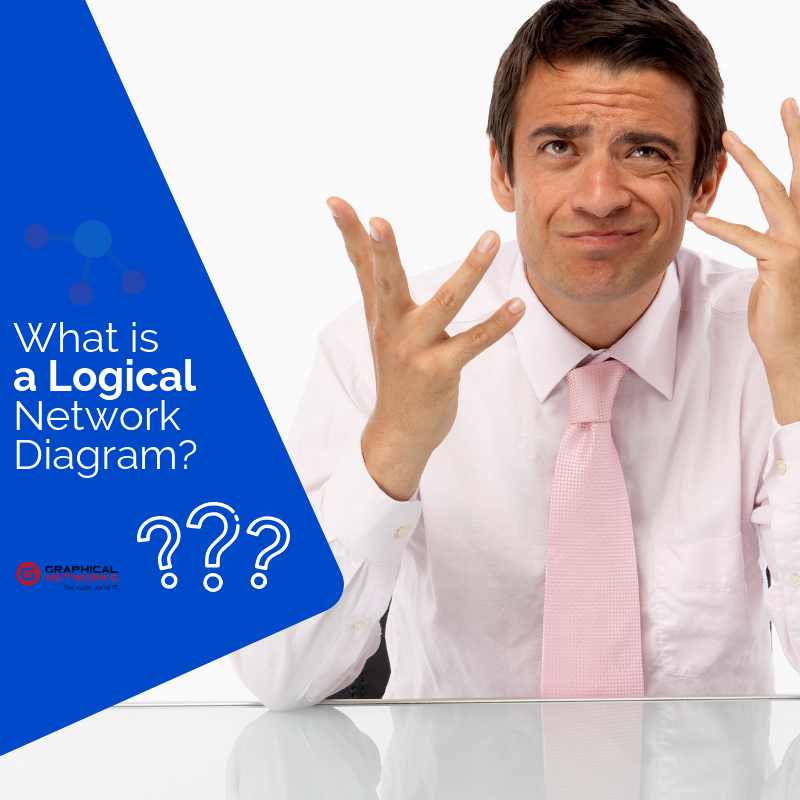
What is a Logical Network Diagram?
By Hannah Ash - September 5, 2018Network diagrams that visualize your topology, both logical and physical, are key to effective network and IT infrastructure management. With up-to-date diagrams, network admins can troubleshoot (and minimize downtime), plan for capacity, avoid IT clutter, maintain software, and keep the network secure and compliant. There are two main types of network diagrams: physical and logical….
Learn More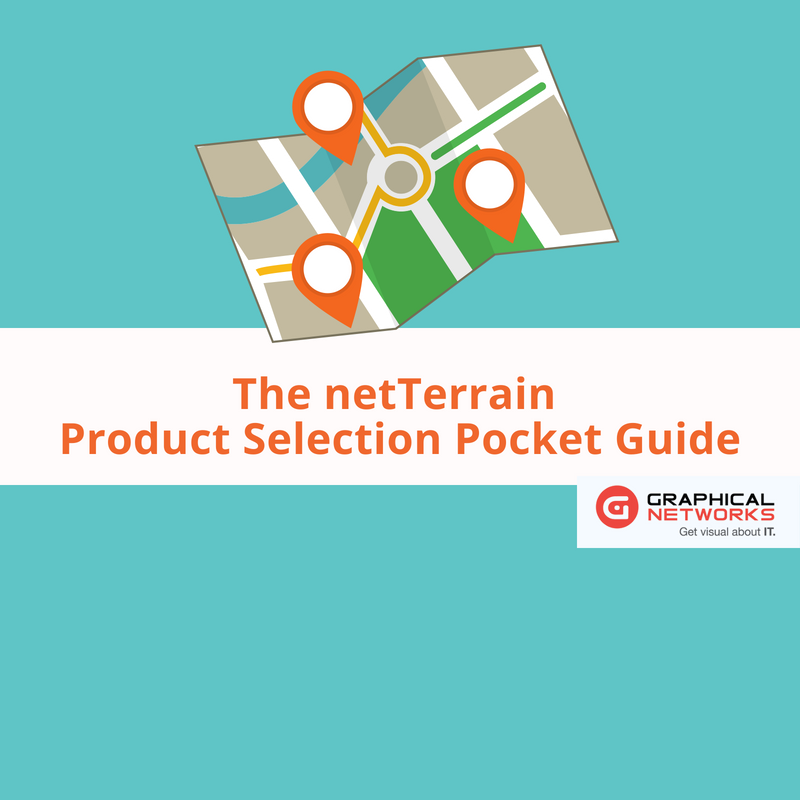
The netTerrain Product Selection Pocket Guide
By Fred Koh - August 31, 2018Need to document the network — and your outside plant, as well? Or maybe you need to manage rack capacity and weight? Not sure which netTerrain product you need? Let’s figure it out! netTerrain is designed to be user-friendly, and it shouldn’t take a rocket scientist to figure out which product you need: this quick…
Learn More
Physical Network Diagrams Explained
By Hannah Ash - August 30, 2018When it comes to maintaining and managing an IT infrastructure, network diagrams are critical to compliance, security, troubleshooting, and minimizing downtime. Network diagrams, or maps, are visuals that use symbols/icons/shapes to depict the different objects and connections in a network. Depending upon what you need to document, you may will probably have different types of…
Learn More